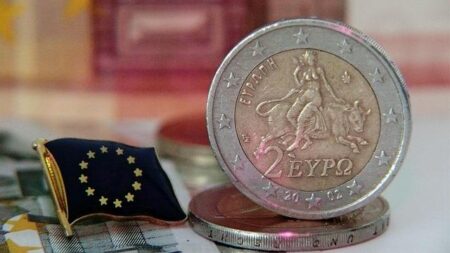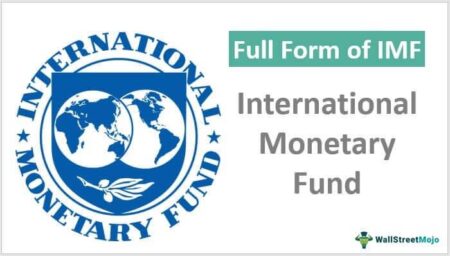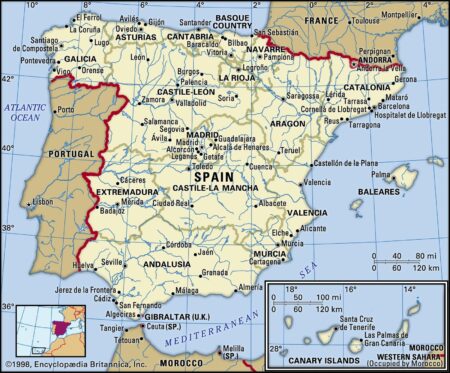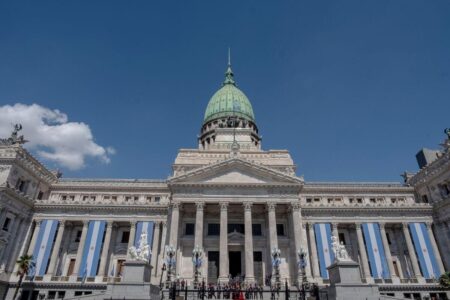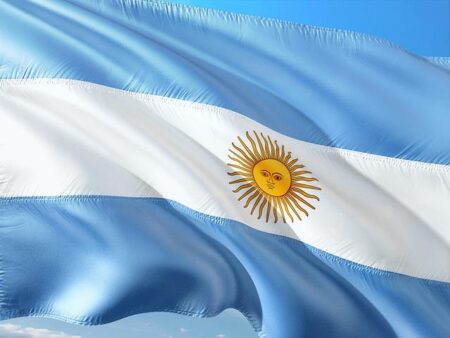The IMF is set to launch a groundbreaking $20 billion financial program for Argentina this Wednesday, Bloomberg reports. This ambitious move aims to strengthen Argentina’s economic stability in the face of ongoing fiscal challenges
Browsing: International Monetary Fund
Germany’s Finance Minister Merz spotlights encouraging signs of economic recovery, but the IMF warns that deep-rooted structural challenges and ongoing global uncertainties continue to restrain the country’s mid-term growth potential
The IMF has unveiled its 2025 Article IV Consultation for the United Kingdom, highlighting a resilient economic recovery amid persistent global challenges. The report underscores the crucial need to uphold fiscal discipline and push forward with structural reforms to secure sustainable growth
The IMF has granted Argentina a crucial reserve waiver and eased its reserve accumulation target, offering a vital boost to the country as it tackles persistent economic challenges, Buenos Aires Herald reports
The IMF’s 2025 Article IV Consultation for Spain highlights robust economic growth and improved fiscal stability, while emphasizing the need for continued reforms to boost productivity and address labor market challenges decisively
The International Monetary Fund is urging Germany to take bold action by rolling out reforms that will turbocharge productivity and ignite fresh investment. By championing innovation and creating a more flexible labor market, Germany can unleash sustained economic growth and cement its status as Europe’s economic powerhouse
The International Monetary Fund has unveiled a detailed evaluation of the People’s Republic of China’s financial sector, shining a light on potential systemic risks and proposing vital reforms to enhance stability. These insights emphasize the importance of remaining alert in the face of economic uncertainties.
Argentina’s recent IMF deal marks a critical financial maneuver aimed at stabilizing its economy. Negotiations involved stringent fiscal reforms and commitments to reduce inflation, showcasing the government’s resolve to navigate ongoing economic challenges.
In a significant economic shift, President Javier Milei has announced the end of Argentina’s strict currency controls, known as the “cepo,” following the IMF board’s approval of a US$20-billion bailout. This move aims to restore market confidence amid ongoing financial turmoil.
Argentina has formally requested the first tranche of over 40% of its $20 billion loan program from the International Monetary Fund (IMF). This financial assistance aims to stabilize the country’s economy amid ongoing fiscal challenges and inflation concerns.
Argentina’s Lower House has overwhelmingly approved a controversial deal with the IMF following President Javier Milei’s proposals. The decision, seen as crucial for stabilizing the nation’s economy, sparks debate over its long-term implications for citizens.
Argentina’s economy is poised for continued growth as negotiations for a new accord with the IMF progress. This potential agreement aims to stabilize economic conditions, fostering investor confidence and addressing ongoing challenges in the nation’s financial landscape.

